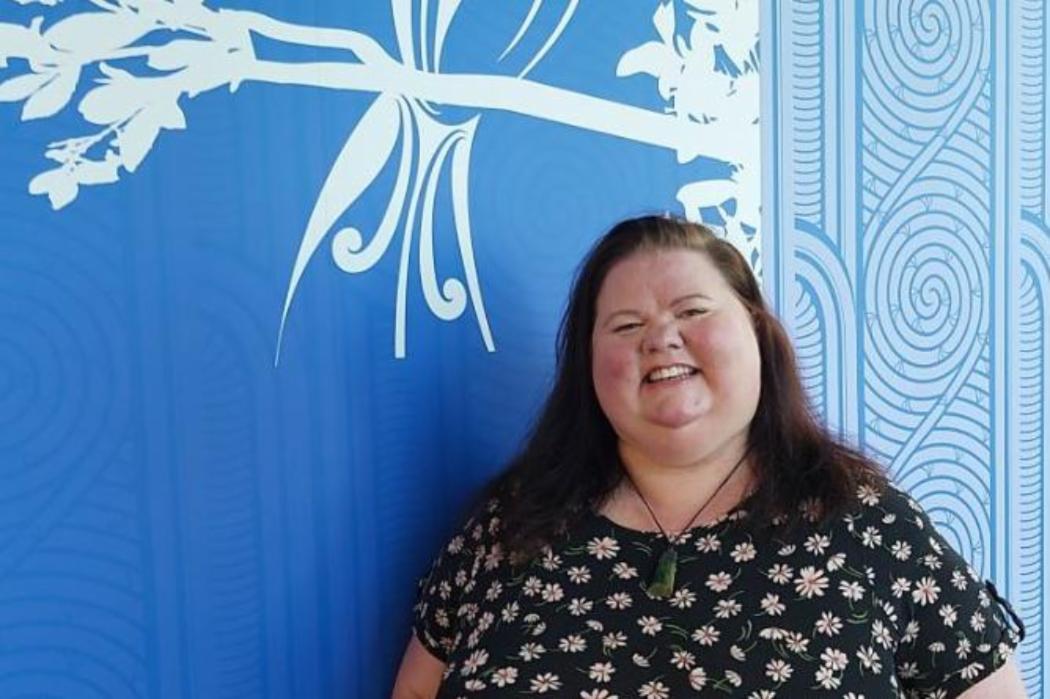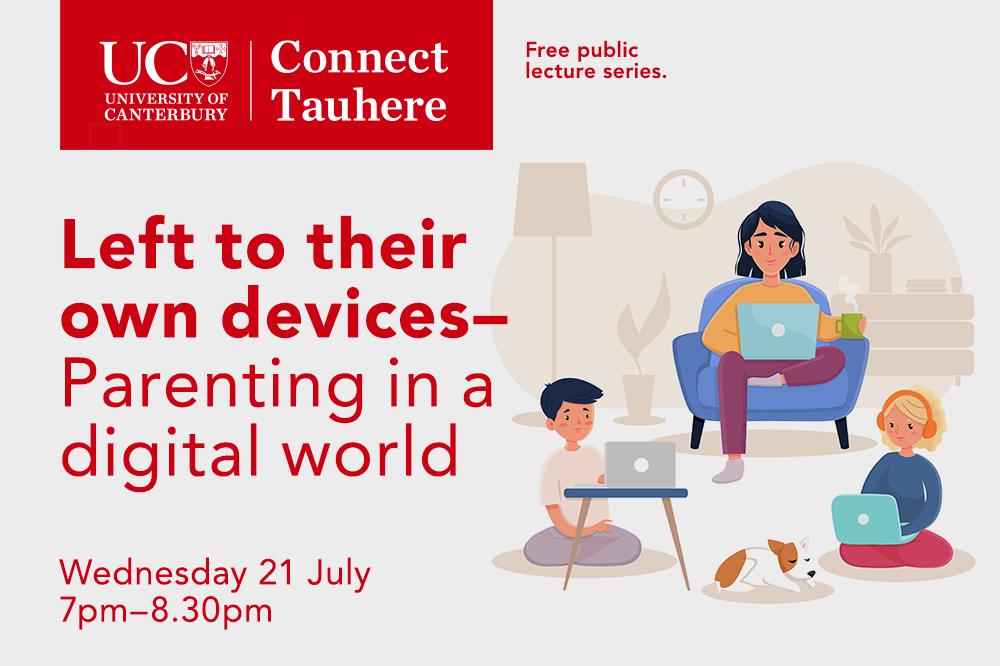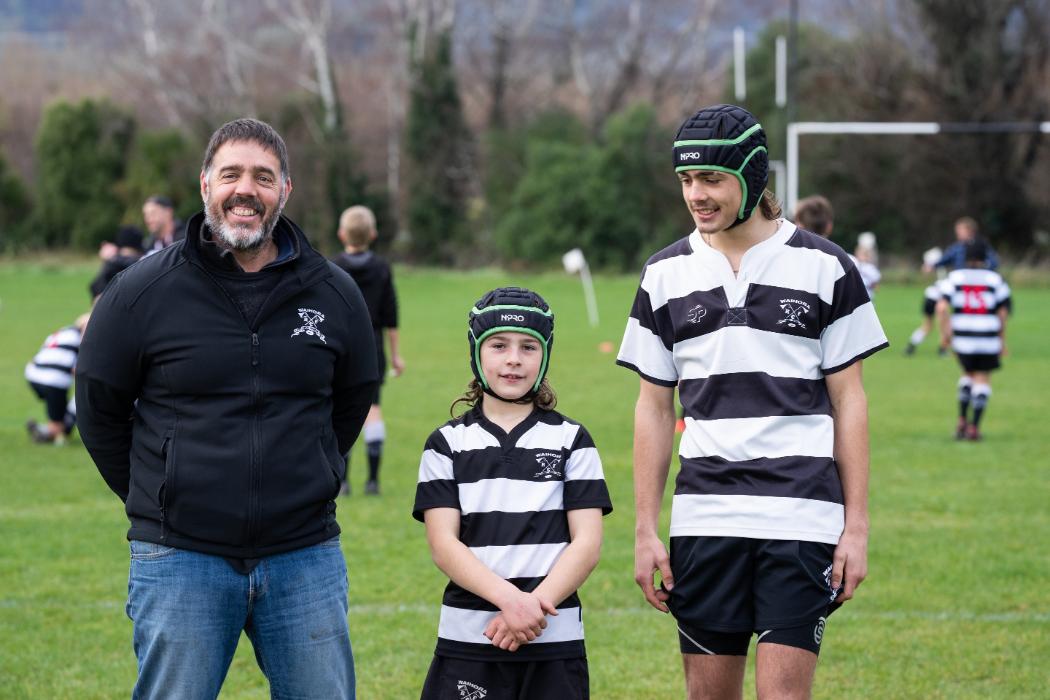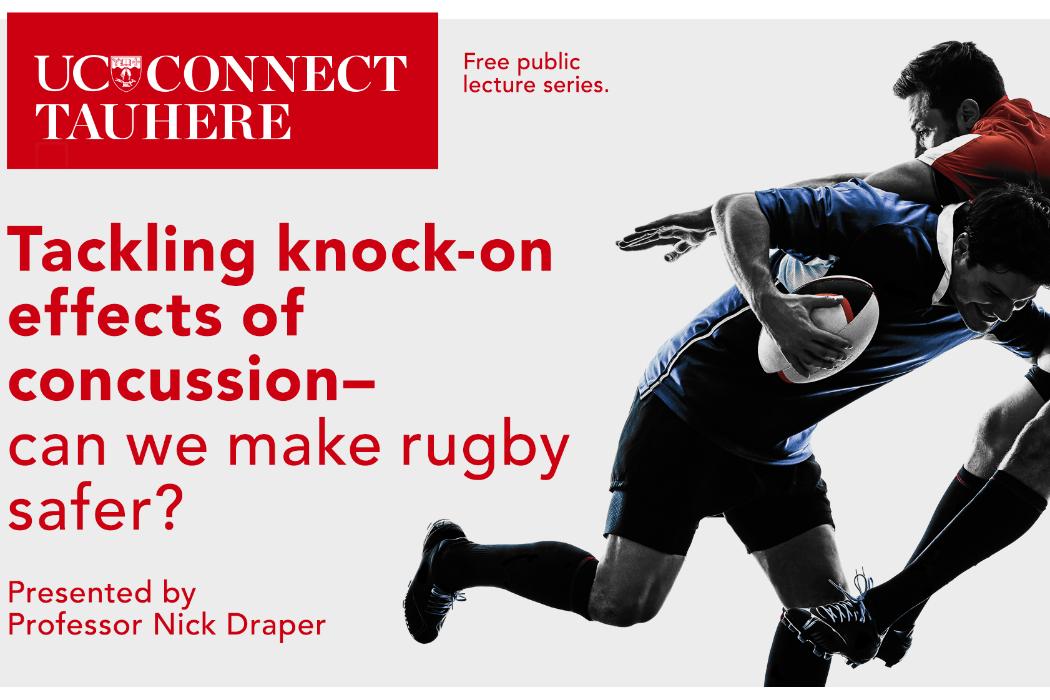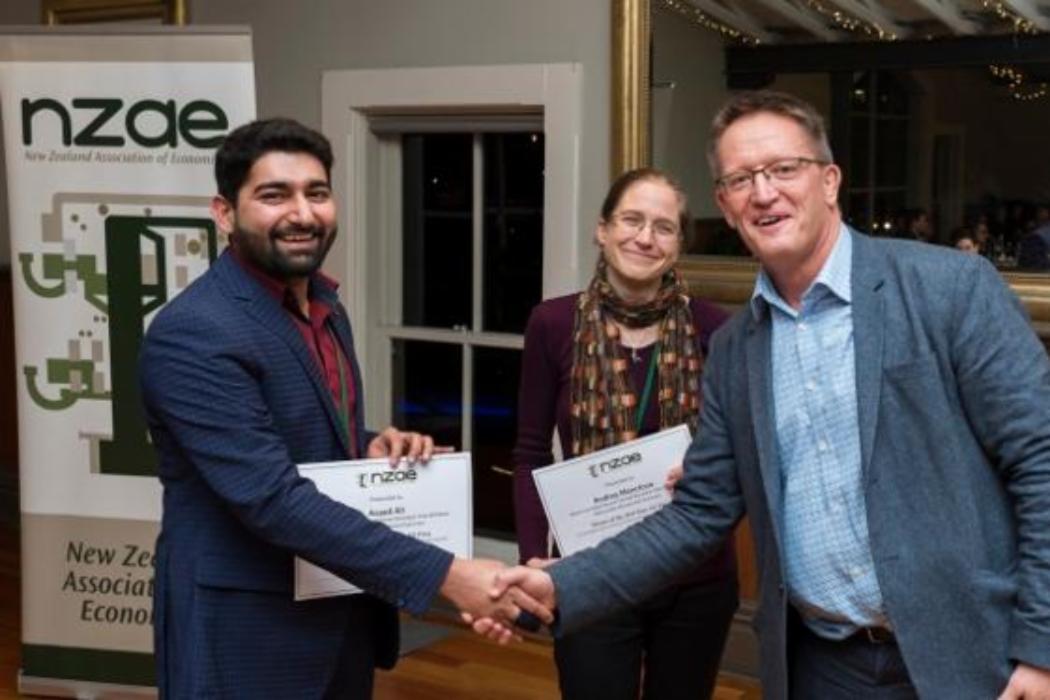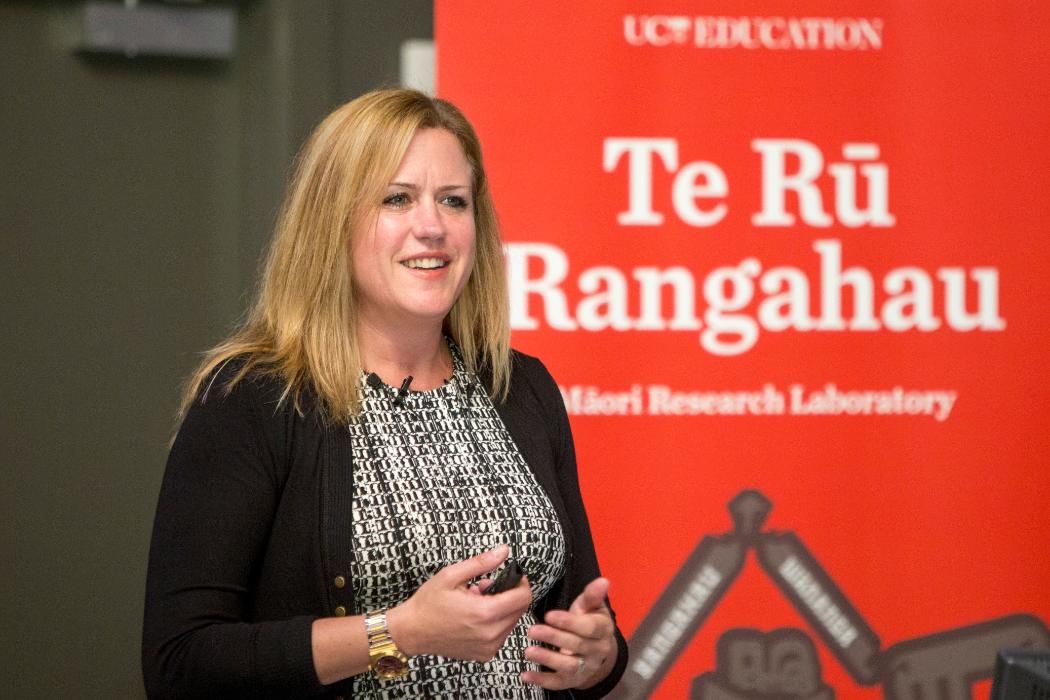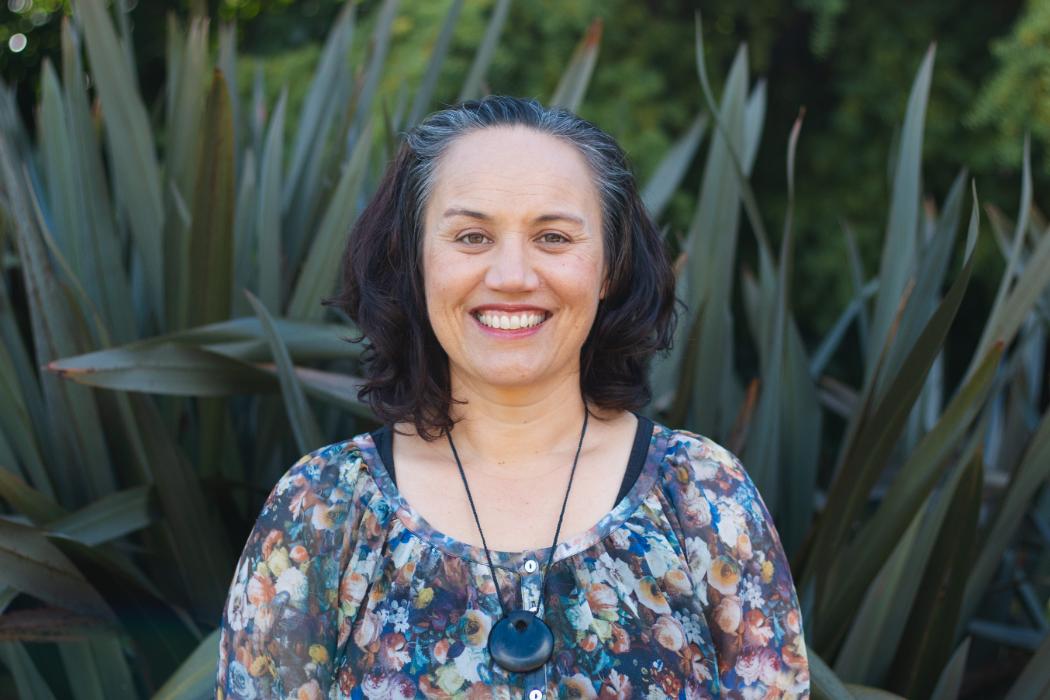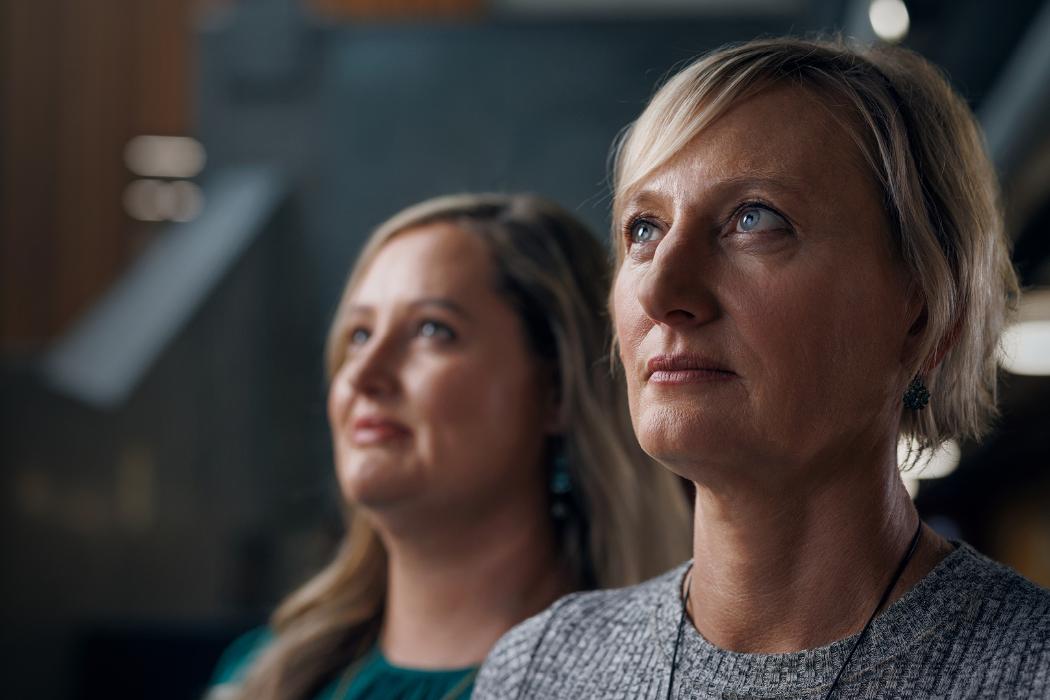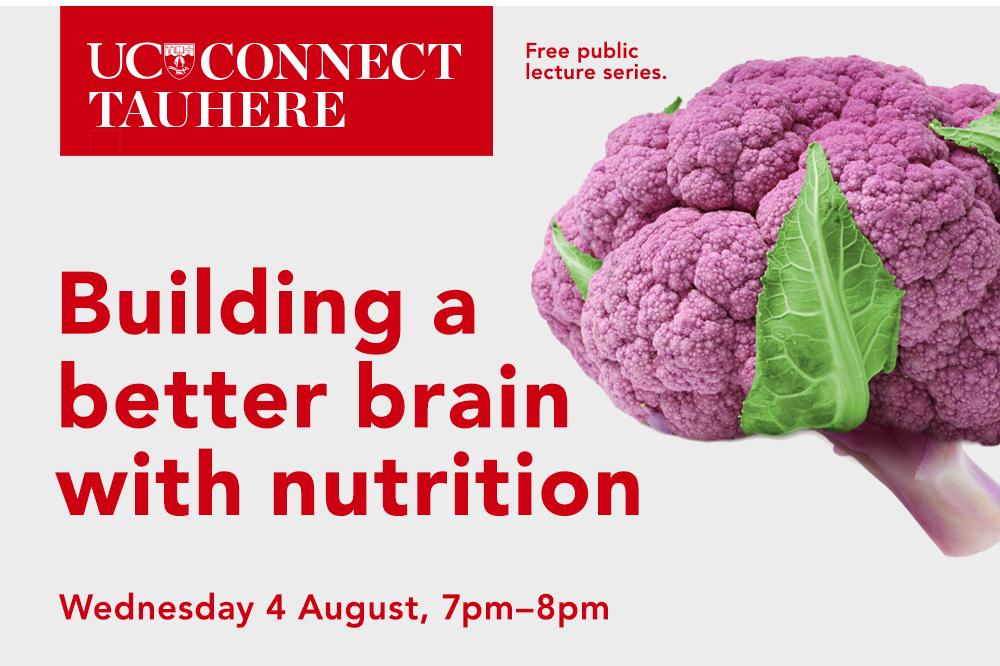Professor John Everatt
Literacy-related learning difficulties assessment in Arabic
Working with colleagues in Kuwait and Saudi Arabia, as well as the USA, to develop Arabic learning disabilities assessment tools. These are based on current research both in terms of their background rationale and their development in standardised form. Current measures focus on assessments of reading and spelling, phonological processing, orthographic and morphological awareness, and working memory.
Interventions for children with English as an additional language
Working with colleagues in the UK on an intervention study aimed at assessing a teaching assistant administered tool that is focused on improving phonological awareness and vocabulary enhancement to support English literacy learning in children who speak a language other than English as their first/home language.
Mathematics learning difficulties in Arabic
Working with colleagues in Kuwait, as well as in the UK and NZ, to develop a mathematics teaching programme targeted at children with learning disabilities. This is based on previous research investigating mathematics learning difficulties in Arabic speaking Kuwaiti students and, following development, will be assessed through
Inclusion in mainstream Kuwaiti schools for children with learning disabilities
Working with colleagues in Kuwait, as well as from the UK, to develop a programme of inclusive practice for school within Kuwait specifically targeting children with learning disabilities. This involves increasing awareness and assessing change in understanding of learning disabilities, as well as training teachers and implementing evidence-based practice.
Associate Professor Brigid McNeill
Prospective evaluation of the validity and nature of Childhood Apraxia of Speech (CAS).
Funded by the Royal Society of New Zealand (Marsden Fund). This study aims to resolve these controversies by repeatedly evaluating the presence/absence of CAS symptoms over time in New Zealand children aged 5-7 years with suspected CAS. The analysis of results will reveal which (if any) symptoms cluster together to form a ‘CAS construct’ across time, whether the same children within the sample consistently match a positive or negative CAS diagnosis over time, and the relative prominence of movement versus language representational symptoms within the disorder.
Spelling instructional practices in New Zealand.
Co-investigator: Dr Cecilia Kirk (University of Oregon). This study aims to describe the spelling instructional practices and beliefs of New Zealand teachers. The interaction between spelling instructional practices and student performance will also be explored.
Dr Amir Sadeghi
Literacy learning in English as a second language or multilingual children
Co-Investigators: John Everatt and Brigid McNeill. This study is looking at literacy acquisition among New Zealand multilingual/second-language children in contrast to English first language (monolingual) children. It aims to investigate variations in different aspects of language processing (e.g., phonology, morphology, semantics, and discourse comprehension) and the influence of characteristics of different languages and scripts (e.g., transparency between written and verbal forms). Assessments are undertaken in English as the language of literacy in the mainstream schools that these children are attending. However, data will also be collected in a range of other (home) languages spoken by the cohort of multilingual children – particularly in cases where this other language is the child’s first spoken language.
Literacy in Persian
Co-Investigators: Tahereh Sima Shirazi, Soheila Emami and John Everatt. This work is investigating Persian literacy acquisition to inform theories of reading and writing, and as part of the development of assessment tools to support the identification of those with literacy learning difficulties. For example, current data collection is comparing the roles of morphological, orthographic and phonological skills in Persian reading comprehension, following-on from previous work investigating predictors of Persian reading levels. The analysis of results will extend current models of reading in Persian, but comparisons with Arabic and English will be undertaken to provide the basis on which to consider cross-language models. Such work is informing the development of Persian literacy learning disabilities assessment tools. These are based on current research both in terms of their background rationale and their development for formal standardization processes. Currently, the measures focus on assessments of various components of reading and writing skills, as well as linguistic comprehension, phonological awareness, orthographic knowledge, morphological skills and speed of processing. The work is being undertaken in conjunction with University of Social Welfare and Rehabilitation Sciences (Iran) and the Islamic Azad University, Damavand Branch (Iran).
Faye Parkhill
AVAILLL: Audio Visual Achievement in Literacy, Language and Literacy
AVAILLL is an innovative class literacy programme that continues to show accelerated gains reading engagement and achievement for students aged nine years of age and older in six weeks. These findings are due to the innovative reading activities which interweave literacy skills with subtitles from movies and related novels. Until this research was undertaken, literacy gains using same language subtitling (SLS) from popular movies in classrooms was almost nonexistent. Findings from six studies conducted over the last few years in both Australia and New Zealand have included four studies with Year 7 to 10 students, one with Year 5 and 6 students in low decile Hawkes Bay schools with high proportions of Maori students and currently a new study is underway in South Auckland schools with the majority of students from the Pacific Islands. The awarding of the Beeby scholarship in 2011 allowed the researchers to work with young offenders in a men’s prison. In all of the classrooms, the results using standardized measurements have proved significant and self-reported gains from participants reveal much enthusiasm for this approach and perceived benefits particularly in reading fluency and word knowledge.
Dr Anne van Bysterveldt
Children with Down syndrome telling a story: Does listener familiarity matter?
Co-investigator Dr Marleen Westerveld (Griffith University). Funded by the Institute of Language Brain and Behaviour, this pilot study aims to investigate the influence of listener familiarity on the personal narratives and conversational speech of school aged children with Down syndrome. The perceptions of parents and teachers/teacher aides in relation to story telling, oral language development, and their enablers and barriers for children with Down syndrome will also be sought.
Assessing the impact of self-directed video coaching on shared book-reading between children with Down syndrome and their families
Co -investigator Dr Susan Foster-Cohen (The Champion Centre). The study seeks to determine the impact on the book-reading practices of families with children with Down syndrome of a DVD entitled ‘Turn The Page With Me’. This DVD was developed by the New Zealand Down Syndrome Association in collaboration with The Champion Centre and is aimed at families with children from infancy to school age.


